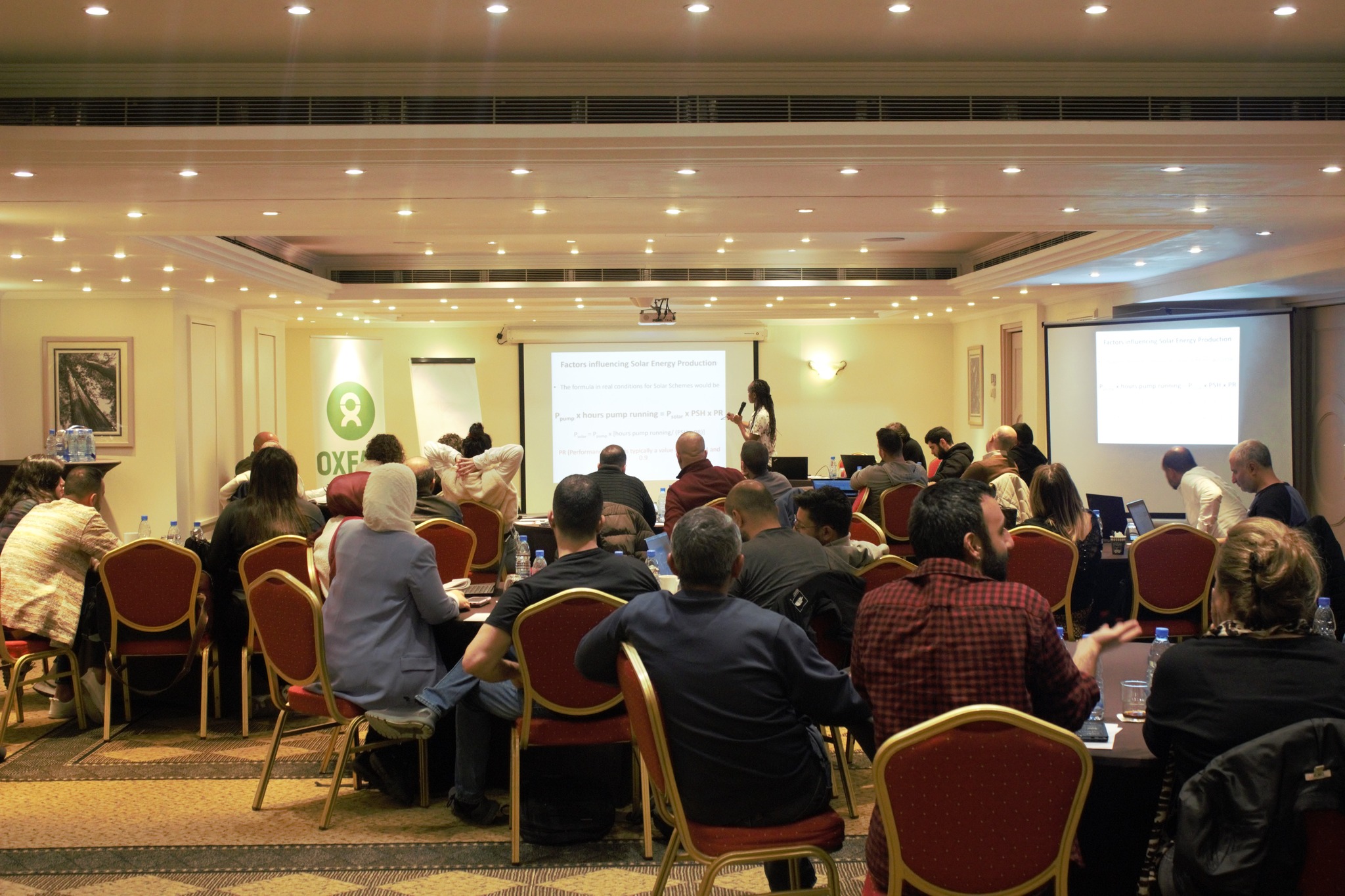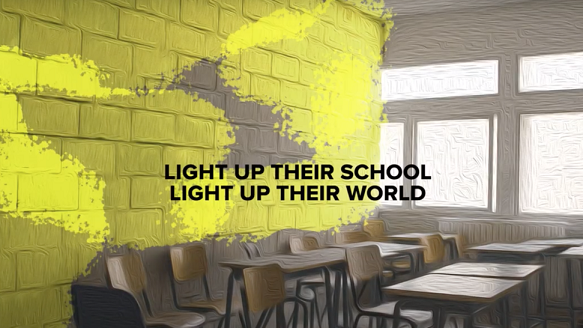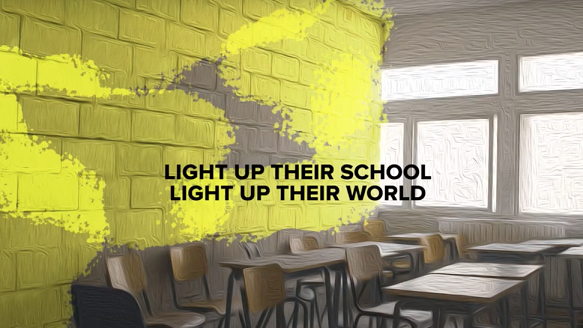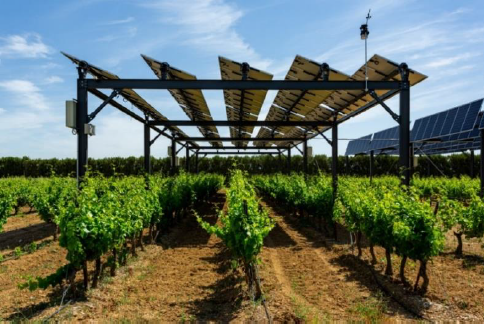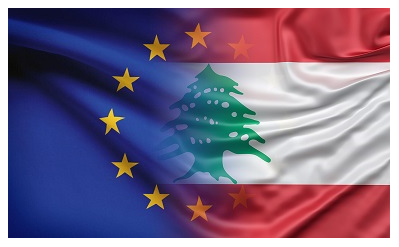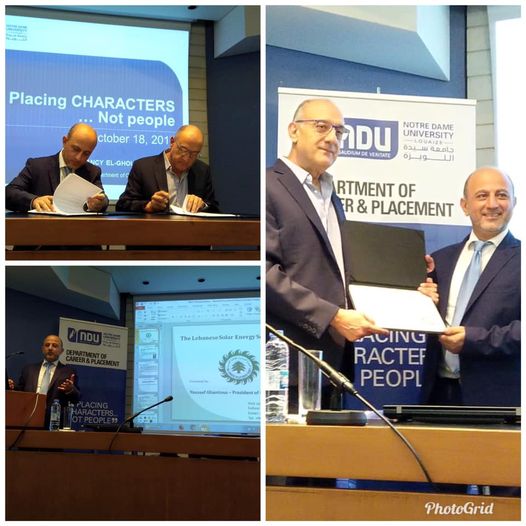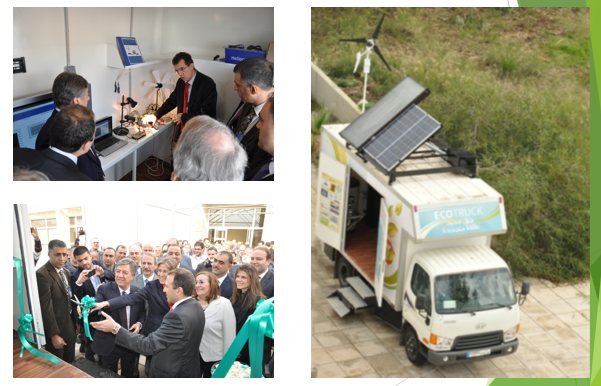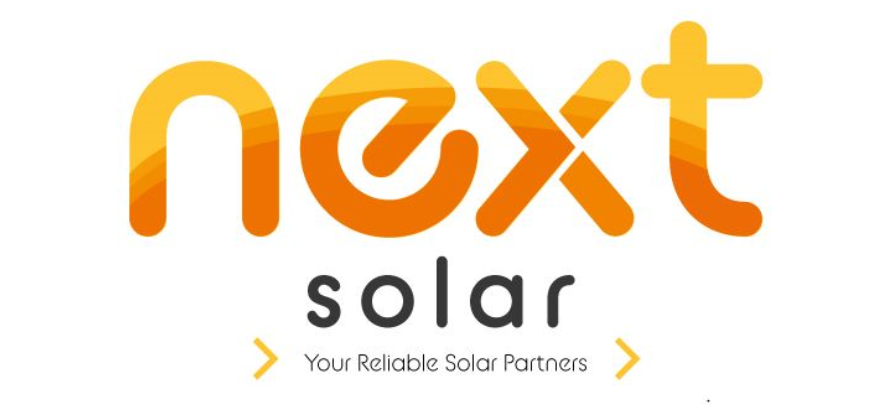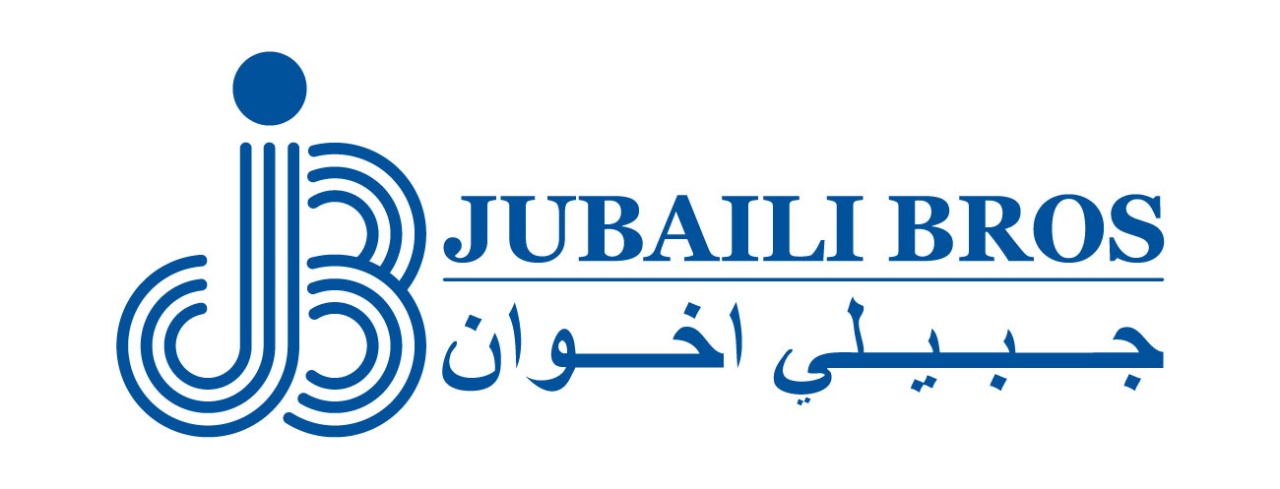LSES & Oxfam in Lebanon Training on Solar Water Pumping
Oxfam in Lebanon, in collaboration with LSES - Lebanese Solar Energy Society, conducted a Solar Water Pumping Technology Training in Beirut on the 7th, 8th and 9th of March, and in Chtoura, Bekaa on the 13th, 14th and 15th of March. More than 55 participants took part in the trainings, including representatives from 26 INGOS/NGOs, UN agencies, and 4 water establishments (North, South, Bekaa and Beirut).
The sessions discussed factors influencing #solarenergy production, feasibility of installing solar water pumping systems, various solar pumping design softwares, groundwater and pumping principles, and guidelines for implementing #water pumping #solar systems, among others. This initiative aims at creating an environment of coordinated effort and consideration for the inclusion of sustainable #renewableenergy sources into programme design and successful implementation of such projects.
The training in Beirut was followed with a visit to the solar water pumping station in Jiyeh area, in coordination with the Beirut and Mount Lebanon Water Establishment مؤسسة مياه بيروت وجبل لبنان.
In the Bekaa, this training implemented with the financial support of the Ministry of Foreign Affairs of Denmark Danida, was followed with a visit to the solar water pumping station in Kfarzabad area, in coordination with the Bekaa Water Establishment - مؤسسة مياه البقاع.
Supply and Delivery of a solar Photo-Voltaic (PV) modules for Bakhoun Technical College
You are invited to participate to the RFQ of solar PV modules for Bakhoun Technical College
The envisaged project falls under the category of renewable energy for educational public institutions. It consists of the installation of a Photovoltaic PV Solar system on the roof of a remote public vocational technical school, Bakhoun public technical college, located in the north of Lebanon in the village of Bakhoun. The college provides technical vocational education for 900 students from both sexes including Lebanese and Syrians refugees.
The project is located in Bakhoun that falls under Union of municipalities of Dinniyeh which prepared the Sustainable Energy Access & Climate Action Plans (SEACAPs) that enables the beginning of financial mobilization for the actions that better the town or village’s mitigation of greenhouse gas emissions and/or climate change adaptation.
The college currently runs on fuel engine generators and the utility grid. The college management is suffering due to the Syrian refugee crisis that has led public schools to take on two shifts in addition to the burden of electricity costs considering excessive blackouts, high diesel cost and shortage of diesel.
The technical college in addition to the municipality are willing to start a great step towards sustainable energy for improving the environment by reducing the amount of carbon emissions and for cutting energy costs.
LSES is targeting to implement a solar PV system and LED Lighting retrofit in Bakhoun Technical College following the success of the crowdfunding campaign that raised 10,000 USD through donations and online support on Live Love Beirut Platform for Bakhoun Technical College. This project aims to decrease the load consumption of the college using renewable energy technologies and to reduce pollution loads.
The details of the Request for Quotations is downloadable on the following link
Bakhooun Technical School
An agreement is under signature between LSES and UNDP to implement PV Solar system with battery storage system at Bakhoun Technical School. LSES will have 40 000, 00 $ to complete this project.
Project will be launched in November 2021 and the opening is planned on June 2022 (7 months duration)
The Problem: In Bakhoun, a northern Lebanese village, 900 students are at risk of dropping out of school as their only educational facility in the area can no longer sustain itself in terms of electricity and power generation. The school closure is preventable if sustainable and long term measures are urgently implemented.
- The School and its conditions: The schooling conditions in the Bakhoun Technical School are deteriorating due to the shortage in power supply. The school that runs two shifts has a high electricity demand and, in parallel, faces excessive blackouts, high diesel cost, shortage of diesel, and high maintenance cost, in addition to sound and air pollution caused by the diesel generators.
- A community problem requires a community led solution: the inability of generating energy to sustain an educational facility is resulting in practical classes being cancelled. Children are spending excessive time in the playground and less time in the classrooms, the quality of education is degrading, the risk of drop outs is increasing, and the constant exposure to air pollution is putting the health of children at risk. The problem is a community scale one, therefore, it has to have a community led solution.
- The ‘’everyone is a winner’’ solution: LSES, in collaboration with UNDP Cedro5, project are offering their expertise and knowledge in designing and implementing energy and environmental solutions. The objective is to supply and install a small-scale Solar Photovoltaic power plant consisting of a Photovoltaic generator, inverter, fuel save controller, data logger, and auxiliary equipment at the Bakhoun School and provide training for the school management for the operation and maintenance of the installed system.
- Four years, we break even and we give the environment a break: The project that will cost USD 20,000 and the proposed Photovoltaic system capacity of 18 KWp will cover around 60% of the power consumption and reduce around 16 tons of CO2 emissions per year. The estimated annual savings are around USD 4600 which would pay back the initial cost in around four years.
- Investment in sustainability is investing in the future: When implemented, this project will serve as a model for the design and management of small-scale Photovoltaic projects. Residents of Bakhoun and nearby municipalities will consider this project as a pilot action to be replicated in view of developing more green energy technology resources in the region.
Consortium with WeWorld-GVC in Agrivoltaics field
The Pre-concept note on a Water-Energy-Agriculture pilot project in North BeKaa where LSES will be responsible of the Energy Part introducing Solar Photovoltaics applications in the agriculture field has been completed.
Fund raising campaign is under launching
REESTART Project with ICU
The LSES was awarded with its partners an EU grant to implement the REESTART project.
The Project “Renewable Energy and Efficiency for Sustainable Energy Transition and reinforced trust between SMEs (Small and medium enterprises) and ESCOs (Energy Services company) is a EU project to “Promote innovation and entrepreneurship in support of Lebanon’s clean energy transition”. It is under good progress and consists in 4 main pillars:
-Capacity Building Program to reach the Lebanese Energy Service Companies in order to train on the technical, financial and legal framework to develop own Energy Business.
-Call for proposal to select 35 SMEs in order to give them a partially subsidize for Energy Audit, and to select10 ESCOs in order to give them access to sustainable energy finance to implement the energy efficiency and renewable energy interventions
-Selection, implementation and monitoring of 6 Pilot Projects at SMEs plant.
-Creation of Lebanese federation of ESCOs

https://www.reestart.eu/Follow the project on Facebook
LSES & NDU
Dr. Elie Bader ,NDU vice president for academic affairs , and Eng Yousssef Ghantous, president of LSES ,signing an MOU for cooperation today at NDU Lourieze. #NDU#LSES#MOU
The EcoTruck
Nowadays, our world is witnessing drastic climatic change. Indeed, global
warming is caused by Green House Gas Emissions that originate mostly from the
combustion of fossil resources such as oil and coal. Therefore, men have recently started
using new kinds of “renewable” energies such as solar energy, wind power,
hydropower, geothermal power (energy supplied by earth heat) and biomass (energy
emitted by the degradation of natural elements).
In response to this problem, the Lebanese Solar Energy Society (LSES), in
partnership with the Industrial Research Institute (IRI), has implemented an educational
project involving students in private and public schools across the Lebanese territory. In
fact a demonstration vehicle “EcoTruck” has been inaugurated in December 2012 at IRI
in the purpose of making educational school visits to disseminate the culture of
sustainability among the young generation. This truck is equipped with a clean
combustion engine and an off-grid cabin, combining elements that function with
renewable energies such as photovoltaic panels and wind turbines that generate
electricity from solar and wind energies. The truck equipment also include a solar
heating system connected to a faucet accessible to students. It will furthermore provide
educational material such as computers and LCD presentation screen, as well as
technical pamphlets adapted to every age level.
The purpose of this vehicle is therefore to make the students more sensitive to
this major issue, showing them what the alternative solutions are, and encouraging the
adoption of such solutions in students’ future or present houses. A three level
presentation program has been prepared corresponding to students from grade 6 to
grade 12.

